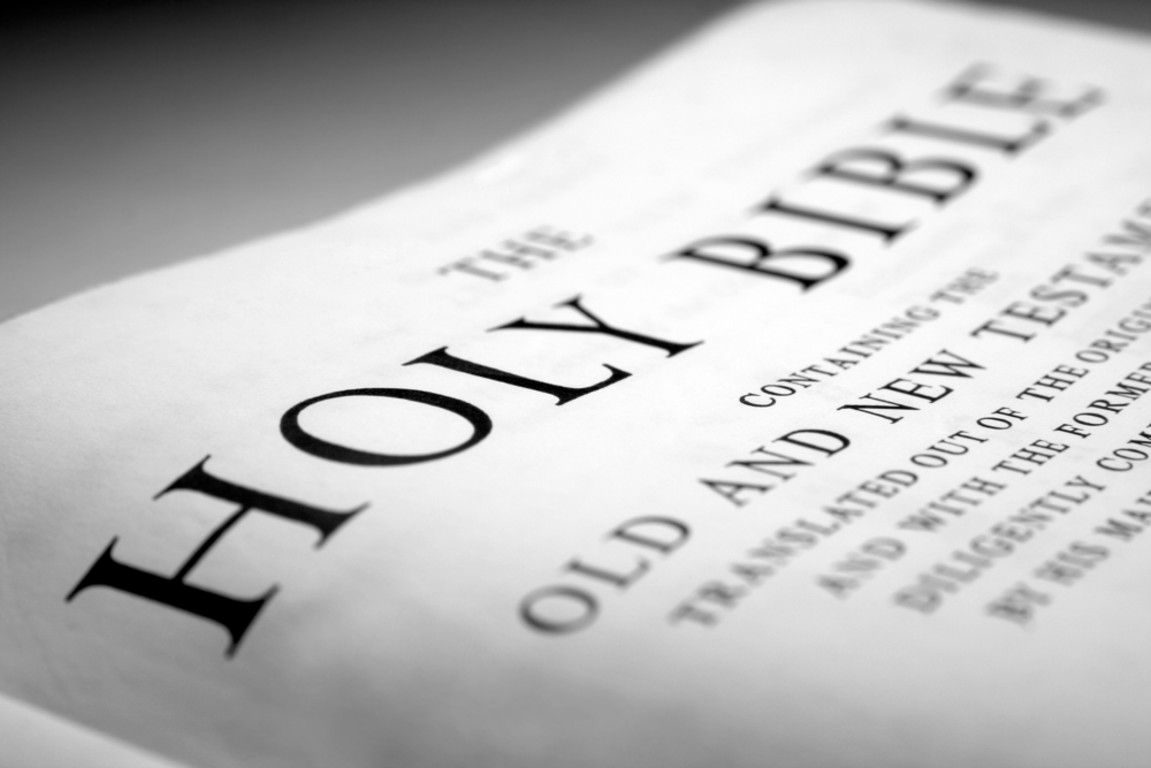4 Questions that will Help Our Church Get Better
When you visit a doctor, he/she determines your health by two methods.
First, he/she collects the numbers.
Then, he/she asks you the questions.
- The first step is quantitative.
- The second measure is qualitative.
Qualitative insight comes from asking questions.
Here are 23 Qualitative Questions to Help our Church Get Better
Our Weekend Services
OUR church’s most important event is its weekend service. WE have fifty-two of them, and they come with striking regularity. If you’re not careful, you can put these on automatic or maintenance mode. When you do that, your services start to flatline.
A worship service is supposed to be a corporate encounter with the living God.
We never want to assume we’ve developed the perfect formula for making that happen or take for granted that showing up each week will produce a dynamic experience. NO IT WILL NOT!
Good churches think of their central worship service as their lamb sacrifice to God. They want to present a lamb with as few spots or blemishes as possible. This requires constant evaluation.
Here are four key questions to ask after every service:
- What went better than expected? (We want to celebrate these things and do more of them.)
- Where did God show up? (We want to identify those moments and see if we can create more opportunities for God’s power and presence of the Holy Spirit to be involved.) What did we do to allow him to work the way he did?
- What did we learn that we can use in future services? (Those who fail to learn from history are doomed to repeat it.)
When should we evaluate the service?
If you have multiple services, try to find five minutes to evaluate immediately following the first service so that We can make mid-morning improvements before the second one starts. This can be tricky, since a good evaluation includes just about everyone involved in making decisions on the service, and many of those people will need to be out connecting with the congregation. To ensure brevity aka shortness of time, ask everyone who attends to bring notes.
Who should evaluate the service?
The ideal evaluation team is three to seven people, so ask yourself, “Who must be there in order for the evaluation to be effective?” For New Song, our ideal group is the worship leader, tech director, and one other discerning member who was not so busy being involved in the service, but had a chance to view the service. Sometimes I, or another preaching pastor is involved, but more often we’re in the lobby meeting people and leave this to the service specialists.
Mid-morning huddles are good for minor service changes. A better and more thorough evaluation should happen on Tuesday or Wednesday. A few days’ distance brings perspective and diminishes emotional sensitivity. If you have a service planning team, part of this team can get evaluate twenty minutes before the full group assembles.
Once in a while, invite two or three new faces to sit in on this weekly session to help your team with any blind spots.
